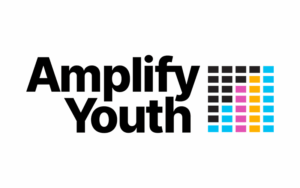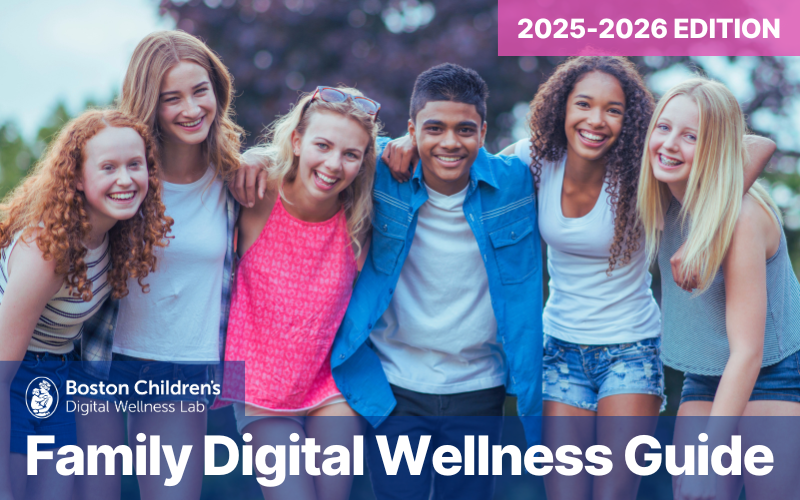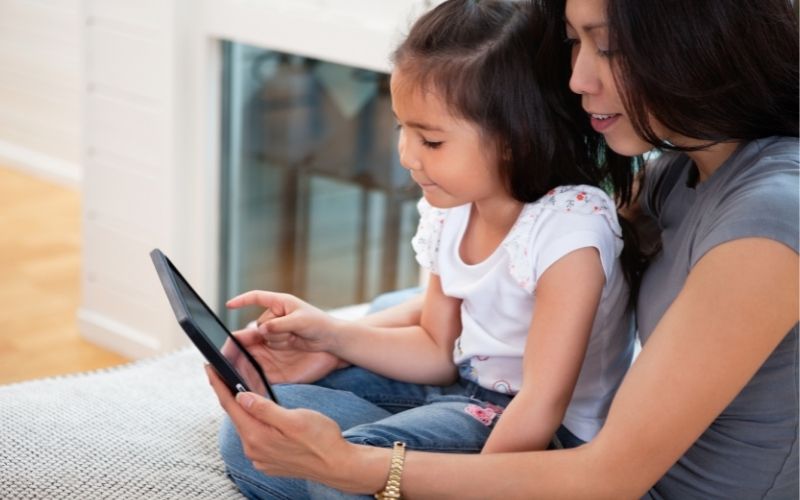My child is 13 months old and loves reading books. Is it ok to read books with her on the iPad?
– iPerplexed, USA
Dear Perplexed,
Nearly a third of Americans report reading e-books in the last year and the popularity of e-books and audiobooks continues to rise. Many parents worry about whether it’s okay to read to their young children from a tablet or e-reader. The short answer is “yes,” as the most important part of your question deals with the action of reading to your child, and the benefits this confers.
The time you spend together is as much about social emotional learning and bonding as it is about the content in the book itself, or in your child being able to decode the words and understand the story.
Studies are mixed on the different effects of print versus electronic books. Some recent studies have indicated that very young children may pay closer attention and have stronger recall when reading with a parent using e-books, due to the more engaging nature of the e-book format. They may connect more closely with the story (versus the device) with a print book, however.
In either case, the most important part of the reading with your child is that you use the opportunity to spend time together, physically close or cuddling if possible, and that you talk about the story you’re reading. Ask your child questions, point out interesting images, make silly sounds, and ask your child to repeat words.
One note of caution would be to avoid reading to your child using a tablet or e-reader in the hour before bedtime or naptime. The bright screens of these devices can suppress the hormones that make us sleepy and can make it difficult to fall asleep.
You are modeling the joys of reading, imagination and just being together. This is the initial stage of your child’s language development, creative growth, and learning how to synthesize ideas into narrative and communicate with others. Reading to her is one of the best things you can do with and for your child, regardless of what you are reading on.








